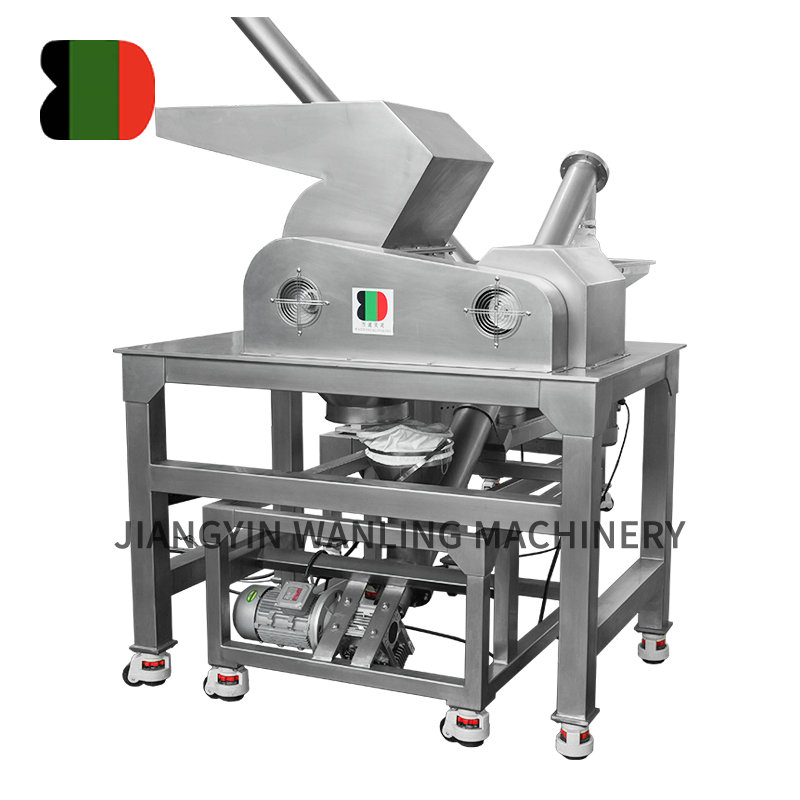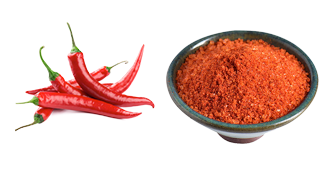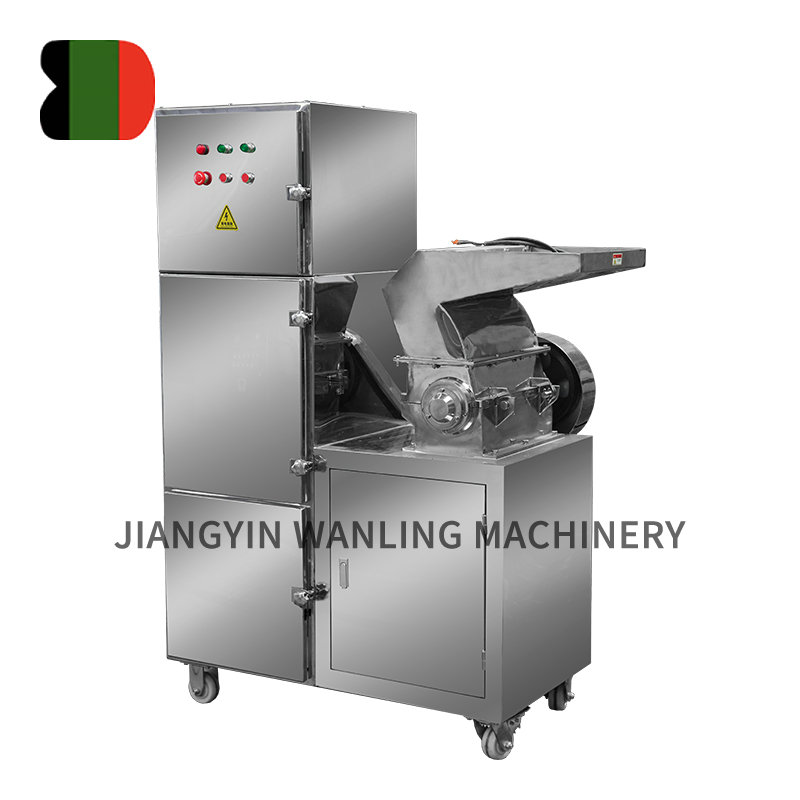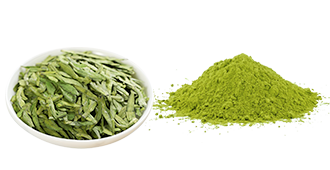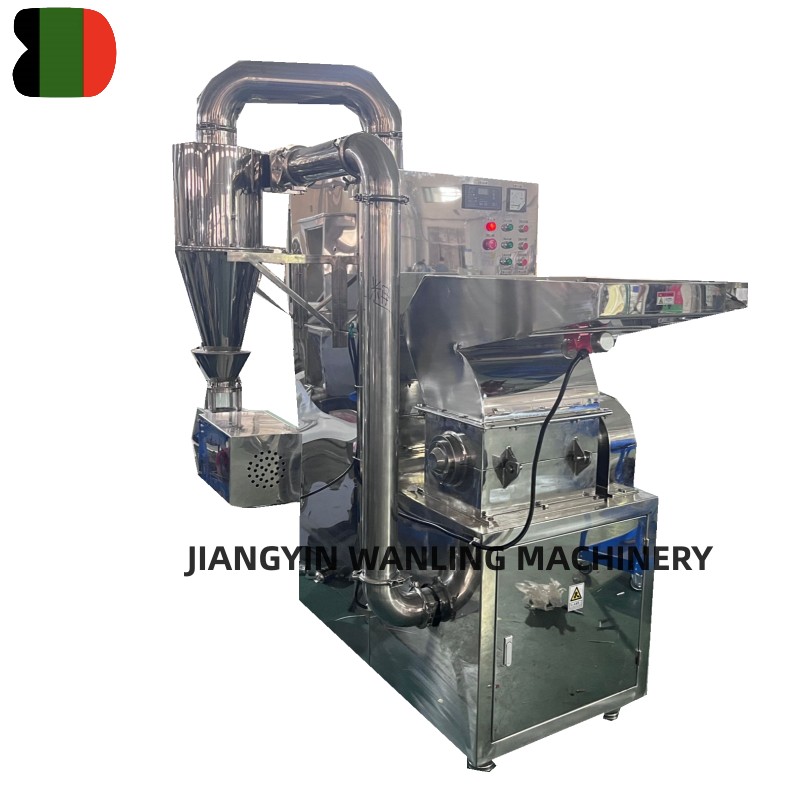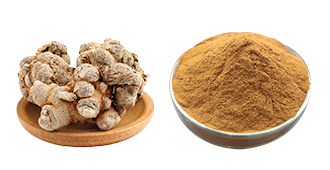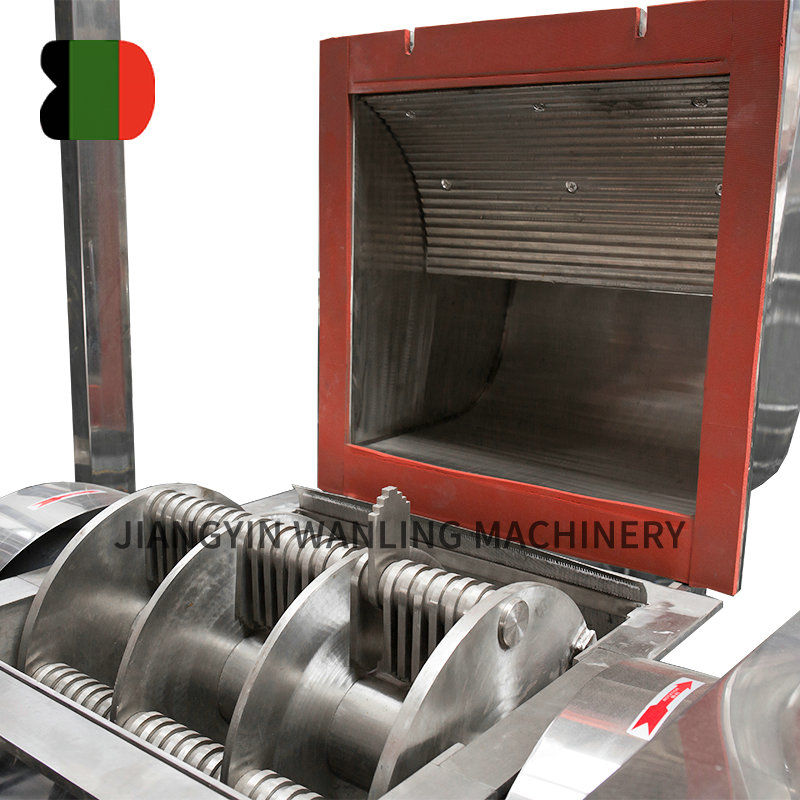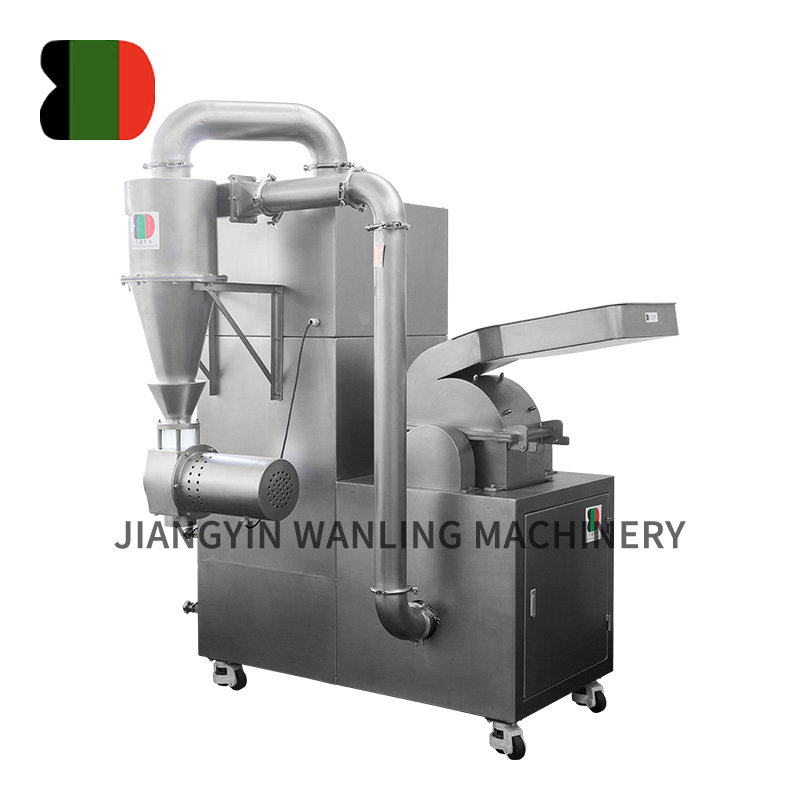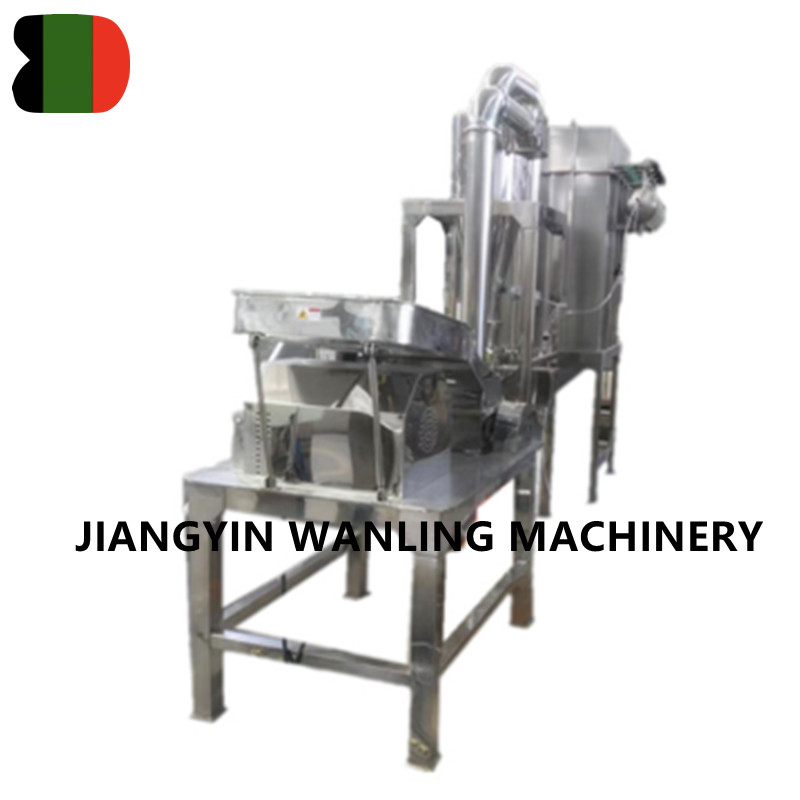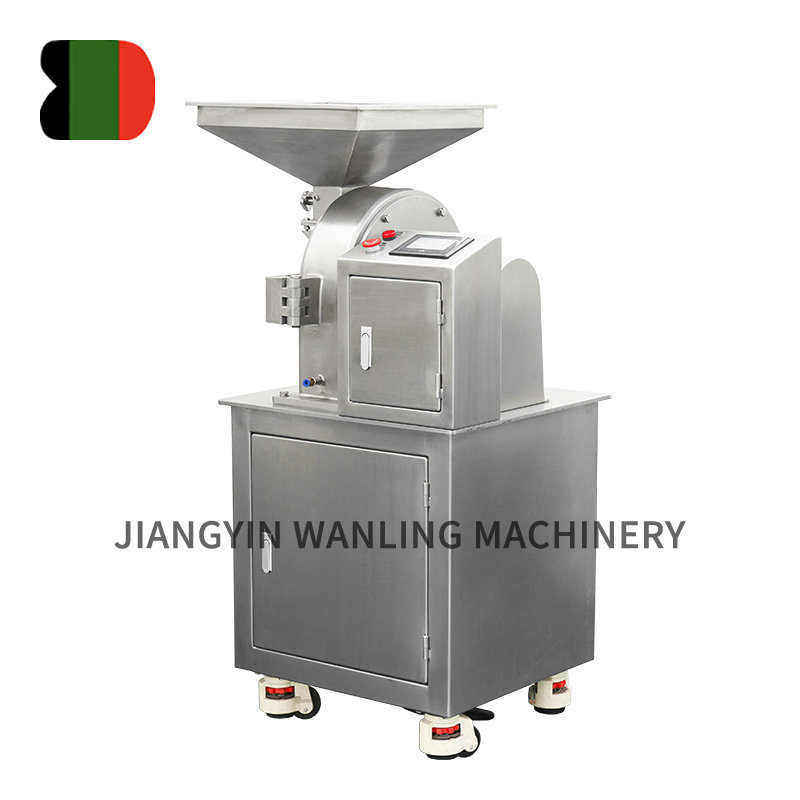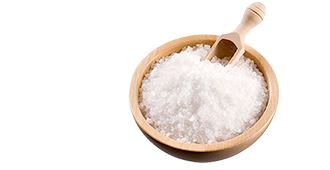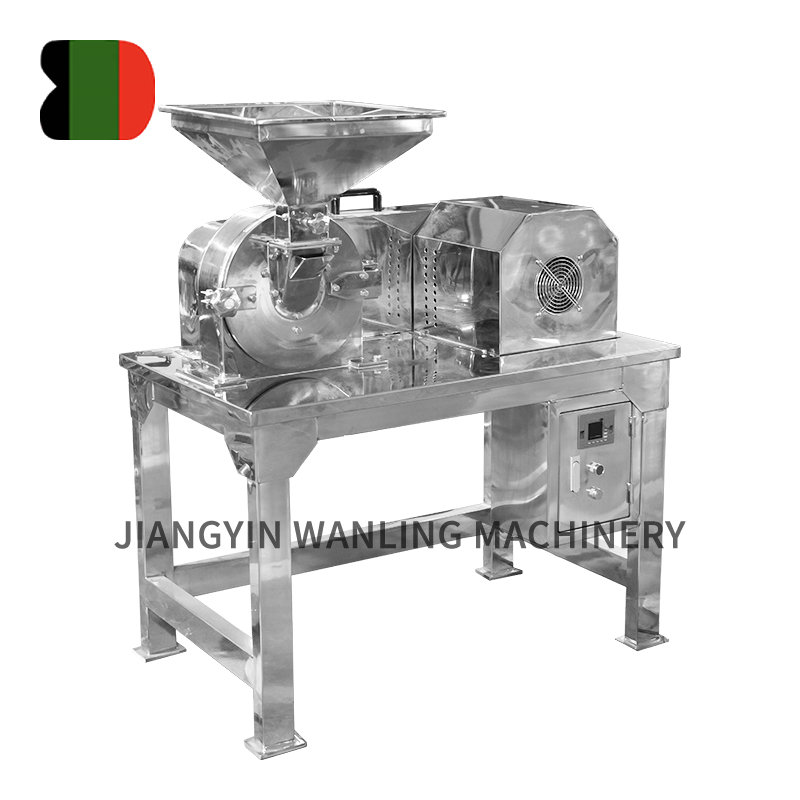A rapid mixer granulator is a high-shear wet granulation system widely adopted in pharmaceutical manufacturing. It integrates mixing, granulation, and wet massing processes into one compact vessel, significantly reducing production time. The combination of a high-speed impeller and chopper ensures efficient powder mixing and uniform binder distribution. Compared with fluid bed granulators, rapid mixer granulators provide greater control over particle size, density, and granulation kinetics, especially for moisture-sensitive or cohesive formulations.
Content
Key Differences Between Rapid Mixer and Fluid Bed Granulators
Although both rapid mixer granulators and fluid bed granulators are used for wet granulation, they operate on different principles. The rapid mixer granulator relies on mechanical agitation, while the fluid bed granulator depends on air suspension to achieve particle agglomeration. This fundamental difference influences process duration, equipment design, and the quality of the final granules.
| Parameter | Rapid Mixer Granulator | Fluid Bed Granulator |
| Mixing Mechanism | High shear with impeller and chopper | Fluidization by hot air stream |
| Processing Time | Short (5–10 minutes) | Longer (20–40 minutes) |
| Granule Density | High and uniform | Low to medium |
| Moisture Control | Precise with binder dosing | Less direct, depends on air temperature |
| Footprint | Compact | Relatively large |
Advantages of Rapid Mixer Granulator in Production Efficiency
One of the major advantages of the rapid mixer granulator is its short cycle time. Since the impeller and chopper rapidly distribute binder and shear the mixture, the desired granulation endpoint is achieved much faster than in a fluid bed system. This results in lower energy consumption and higher batch throughput. Additionally, the enclosed design minimizes powder loss and dust generation, ensuring cleaner operation and compliance with GMP standards.
- Reduced granulation time and improved batch turnover rate.
- Lower binder consumption due to efficient mixing.
- Compact system layout with smaller installation space.
- Better containment and reduced operator exposure to dust.
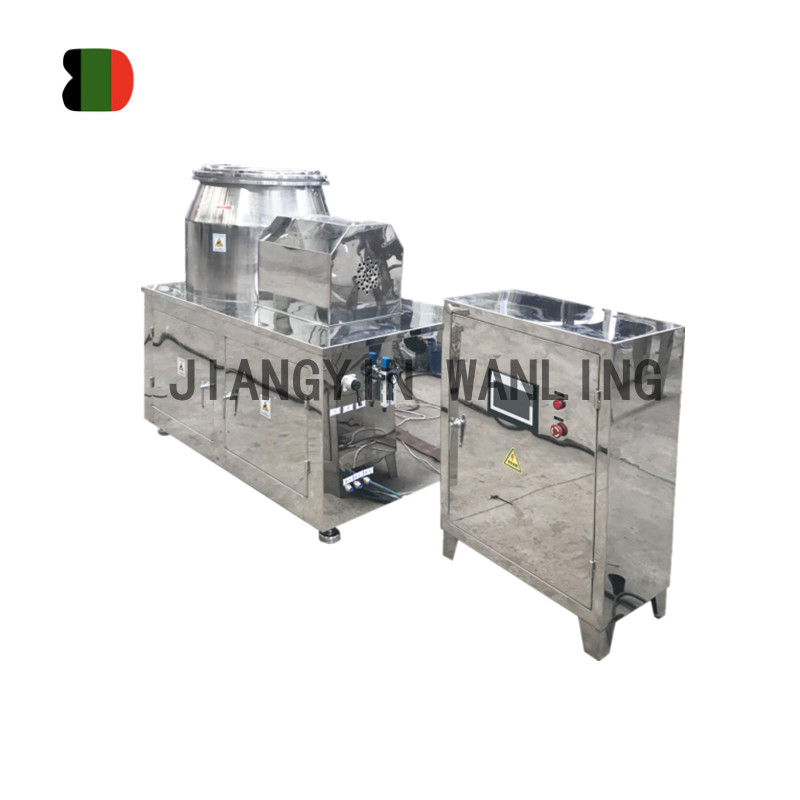
Improved Granule Quality and Uniformity
Granules produced by a rapid mixer granulator typically exhibit higher density, better flowability, and improved compressibility compared with those from a fluid bed granulator. The mechanical shear created by the impeller ensures homogeneous binder distribution, resulting in tighter control over particle size and reduced variability between batches. These characteristics enhance tablet weight uniformity and minimize segregation during downstream processing.
Performance Benefits in Pharmaceutical Manufacturing
- Uniform granule size distribution for consistent tablet quality.
- Enhanced compressibility and reduced capping risk in tablets.
- Ability to handle cohesive powders with limited flow properties.
- Reduced fines generation during milling and compression.
Operational Flexibility and Process Control
Rapid mixer granulators offer better flexibility in handling a wide range of formulations, including those with variable moisture or binder content. The process parameters—impeller speed, chopper speed, and binder spray rate—can be independently controlled to fine-tune granule properties. In contrast, fluid bed granulators depend heavily on airflow patterns and humidity control, which can be harder to standardize between batches.
Modern rapid mixer granulators can also integrate process analytical technology (PAT) tools such as torque monitoring and near-infrared (NIR) sensors, allowing real-time feedback on granule growth. This enhances process reproducibility and reduces manual intervention, supporting continuous improvement initiatives in pharmaceutical manufacturing.
Conclusion
The rapid mixer granulator offers significant advantages over fluid bed granulators in speed, control, and granule quality. Its high-shear mixing mechanism enables fast and uniform granulation, particularly for formulations requiring dense, free-flowing granules. With the growing emphasis on process optimization and efficiency in the pharmaceutical industry, rapid mixer granulators remain an indispensable part of modern solid dosage production lines.



 Español
Español